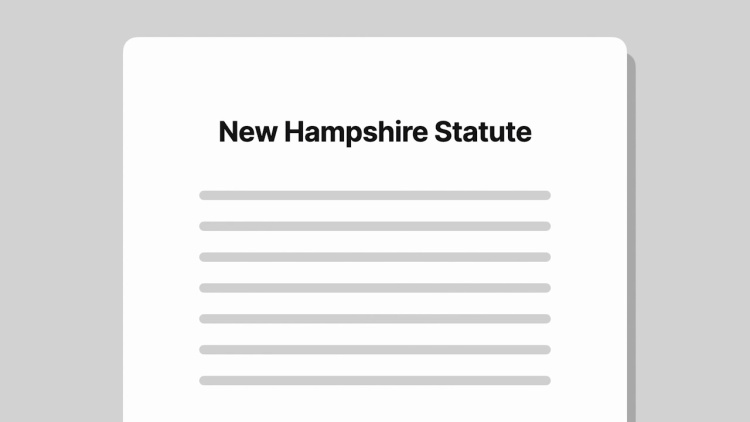Trustees of Dartmouth College v. Woodward
United States Supreme Court
17 U.S. (4 Wheat) 518 (1819)
- Written by Abby Roughton, JD
Facts
Twelve individuals applied to the King of England for a charter to incorporate Dartmouth College for the purpose of promoting Christianity and education. The charter application stated that private donors had promised large contributions to fund the college and that the funds would be given to the college once it was incorporated. The King issued the charter of incorporation in 1769, naming the 12 individuals the Trustees of Dartmouth College (plaintiffs). The trustees were responsible for governing the college, and the charter granted the trustees corporate powers and privileges. The donors conveyed their funds to the college, and the college used the money to fund instructors’ salaries. In 1816, the New Hampshire state legislature enacted a law that purported to amend the charter and transfer the ownership and control of Dartmouth to the state. The trustees brought an action against William Woodward (defendant), Dartmouth’s secretary and treasurer, to recover the corporate property. The trustees claimed that the Contract Clause of Article I of the United States Constitution protected the college from state impairment of its contractual obligations. The New Hampshire Superior Court issued a judgment in Woodward’s favor, and the trustees petitioned the United States Supreme Court for review.
Rule of Law
Issue
Holding and Reasoning (Marshall, C.J.)
What to do next…
Here's why 907,000 law students have relied on our case briefs:
- Written by law professors and practitioners, not other law students. 47,100 briefs, keyed to 996 casebooks. Top-notch customer support.
- The right amount of information, includes the facts, issues, rule of law, holding and reasoning, and any concurrences and dissents.
- Access in your classes, works on your mobile and tablet. Massive library of related video lessons and high quality multiple-choice questions.
- Easy to use, uniform format for every case brief. Written in plain English, not in legalese. Our briefs summarize and simplify; they don’t just repeat the court’s language.





